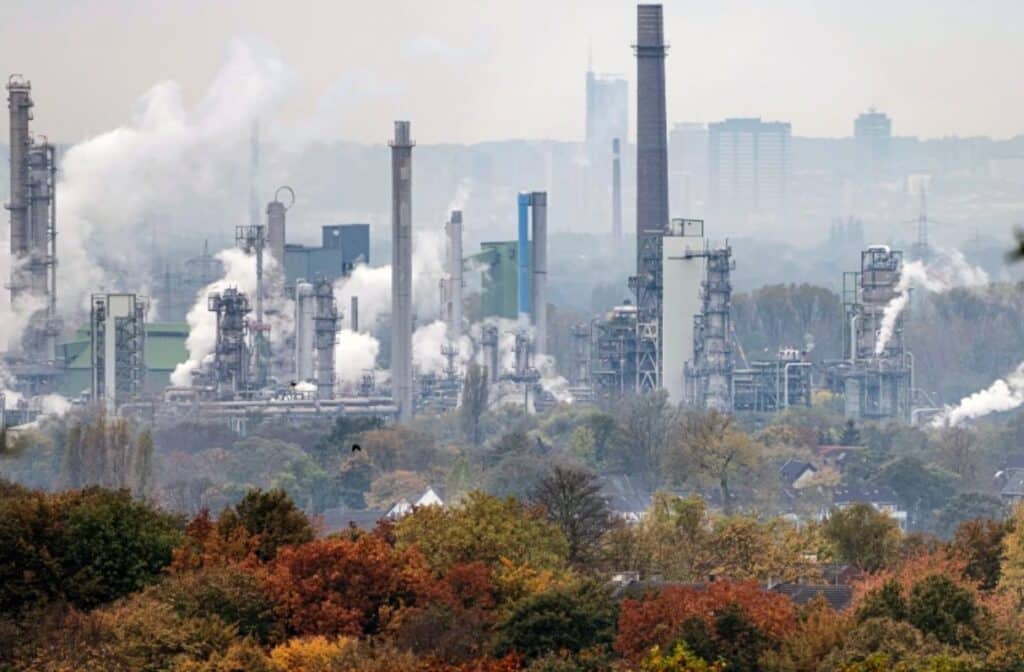
Global carbon pollution from burning coal, oil and gas rose again in 2025, dashing hopes that emissions had finally peaked and would start to fall, scientists reported Wednesday at U.N. climate talks in Brazil.
For the second year in a row, fossil fuel emissions increased by 1.1%. It is a relatively small rise by historical standards, but still the opposite of what negotiators at the COP30 climate summit in Belem say is needed to keep global warming in check.
«It’s disappointing that we haven’t brought down carbon dioxide emissions,» said University of Exeter scientist Stephen Sitch, part of the Global Carbon Project, which compiles annual emission figures from around the world.
His colleague Glen Peters of the CICERO Center for International Climate Research called the continuing increase «relentless.»
A separate analysis by Climate Action Tracker found that the world remains on course for about 2.6 degrees Celsius (4.7 degrees Fahrenheit) of warming above preindustrial levels under currently implemented policies — only a hair below last year’s projection of 2.7 C (4.9 F). Most of that shift stems from updated assessments of China’s data rather than new policy action.
«Unless there’s a change in political momentum, we’re going to cook. There’s no doubt about it,» said Climate Analytics CEO Bill Hare, one of the report’s authors.
If governments fully carry out their latest climate pledges, the projected warming would drop to about 2.2 C (4 F), still well above the Paris Agreement’s 1.5 C (2.7 F) goal. The report’s authors said policy rollbacks by U.S. President Donald Trump’s administration this year added slightly to future projected warming.
The Global Carbon Project estimated that burning fossil fuels and making cement in 2025 will add about 42 bn tons (38.1 bn metric tons) of carbon dioxide to the atmosphere — roughly 2.7 mln pounds (1.2 mln kilograms) every second, more than double the annual emissions of 1983.
There were some glimmers of progress: 35 countries managed to cut fossil fuel emissions while still growing their economies, Sitch said. China’s emissions were flat compared with last year, raising hopes they may have peaked. But U.S. emissions climbed 2% and aviation pollution jumped 6.8% between 2024 and 2025.
«When I hear that emissions are still going up, I’m truly troubled,» said former German climate envoy Jennifer Morgan.
A sharp drop in emissions from deforestation and other land-use changes helped offset the fossil fuel increase, leaving total global emissions roughly unchanged from 2024. Still, for many at COP30, the latest figures were a sobering reminder of how far the world remains from its climate goals.













